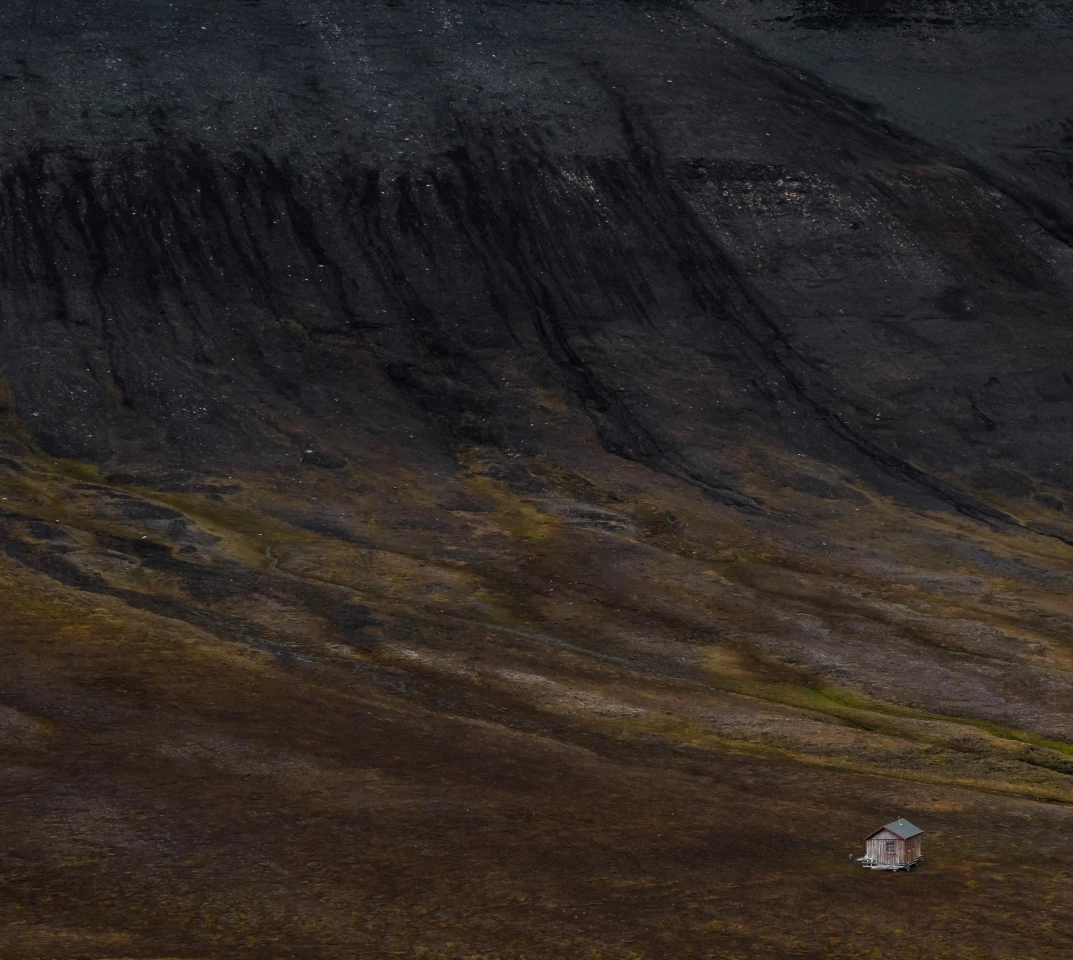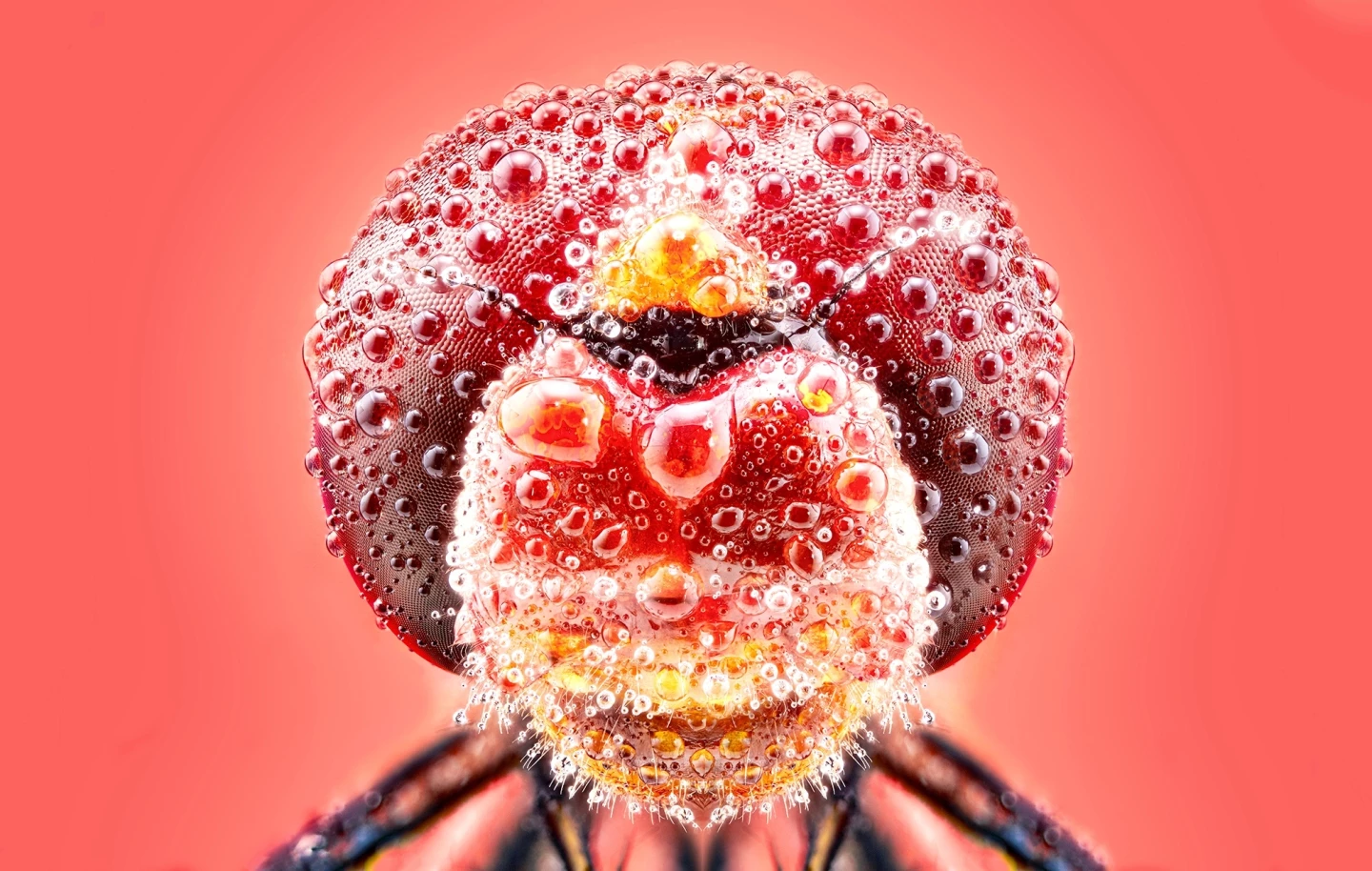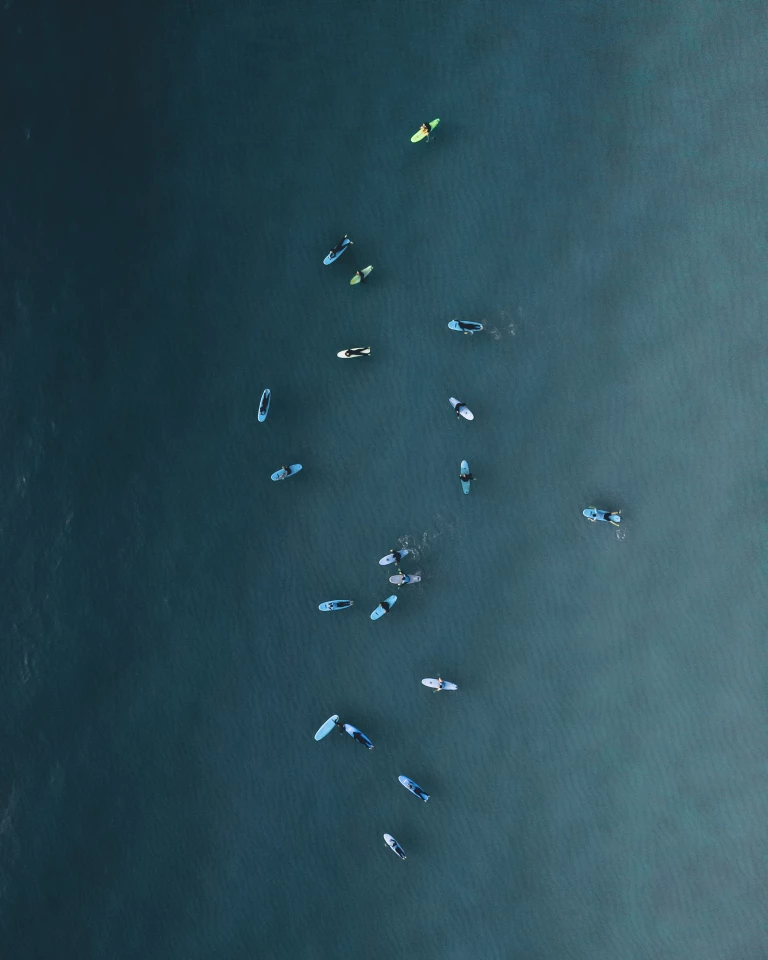Global photography social network Agora's latest contest tasked its community with taking portraits of small things, and the resulting highlights run the gamut from an extraordinary close up of a tiny damselfly to some shots of humans eclipsed by the scale and majesty of Mother Nature.
This photo competition began with a simple query asking photographers to, “share their best photos of all kinds of small things.” Over 14,000 images were ultimately submitted, spanning everything from macro close-ups to portraits of tiny figures in massive, stunning landscapes.

The top prize, voted on by Agora’s community of photographers, went to Bangladeshi wildlife and aerial artist Rafid Yasar. His winning shot zooms in on a Black Naped Monarch hatchling, presumably crying out for a meal. Yasar takes home US$1,000 for his winning photograph.
Unsurprisingly, lots of insect close-ups featured in the contest highlights. Perhaps the most compelling coming from Spanish photographer Pedro Luis Ajuriaguerra Saiz focusing on the extraordinary way droplets of water sit on the head of a red Damselfly.

“I wanted to show the small details that are imperceptible to the human eye,” the photographer says. “You can see how the drops of water remain suspended in the face, transforming it completely.”
Other interpretations of the contest theme looked at the macro over the micro, zooming out and showing how small human beings can be when placed into massive landscapes.

Ilaria Ronchi, from the Netherlands, offered a creative drone shot turning a group of surfers into an abstract composition resembling a school of fish. Ronchi suggests she is a fan of how human figures can be so profoundly abstracted in drone shots looking down from on high.
“Every time I fly I pay attention to interesting patterns or repetition of elements,” she says. “In this case, I was mesmerized by the colorful boards, the gorgeous texture of the ocean and its bottom.”
Take a look through our gallery at more spellbinding shots from this contest celebrating all kinds of small things.
Source: Agora

























